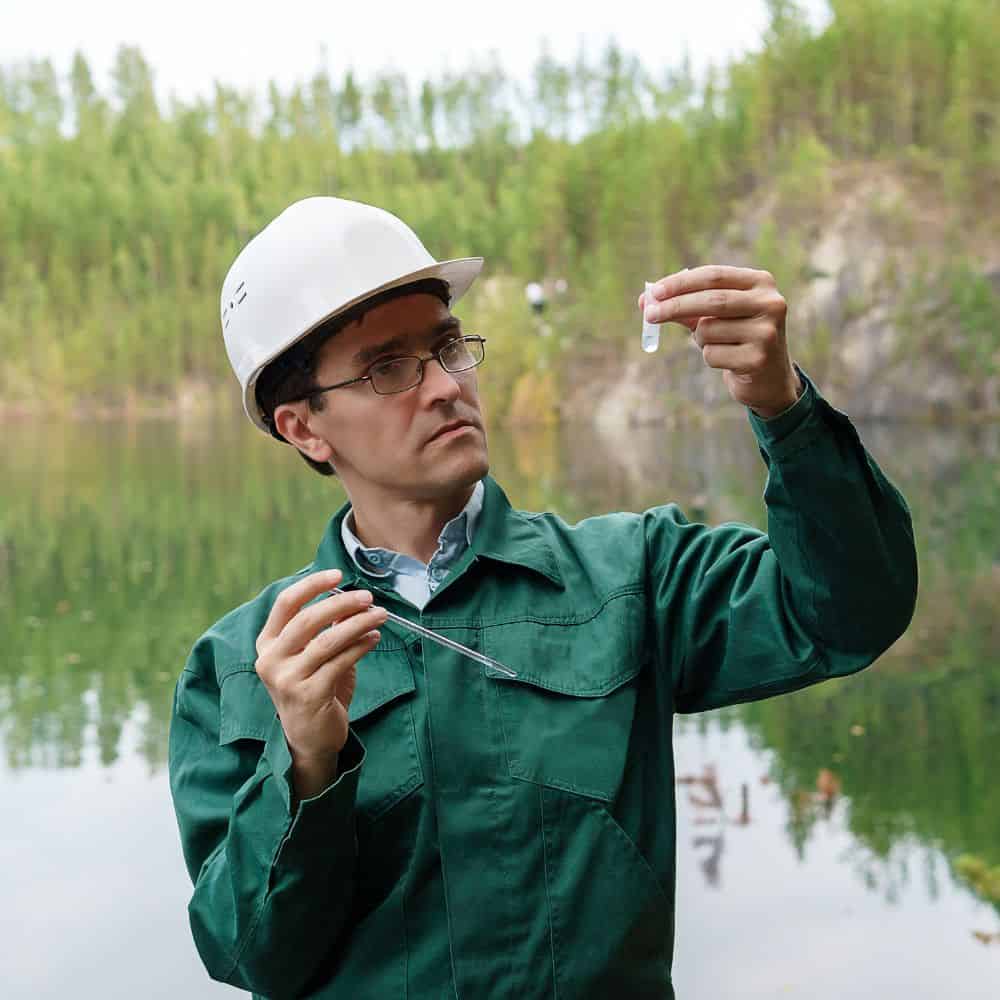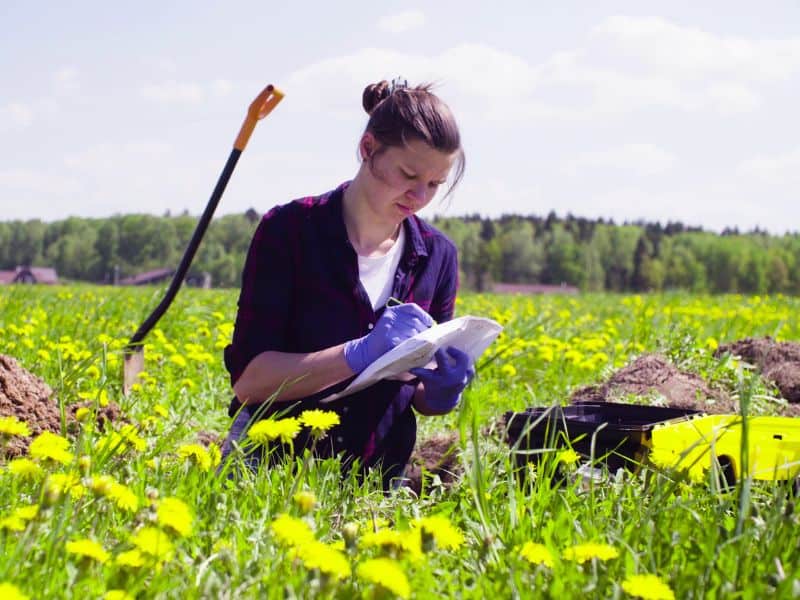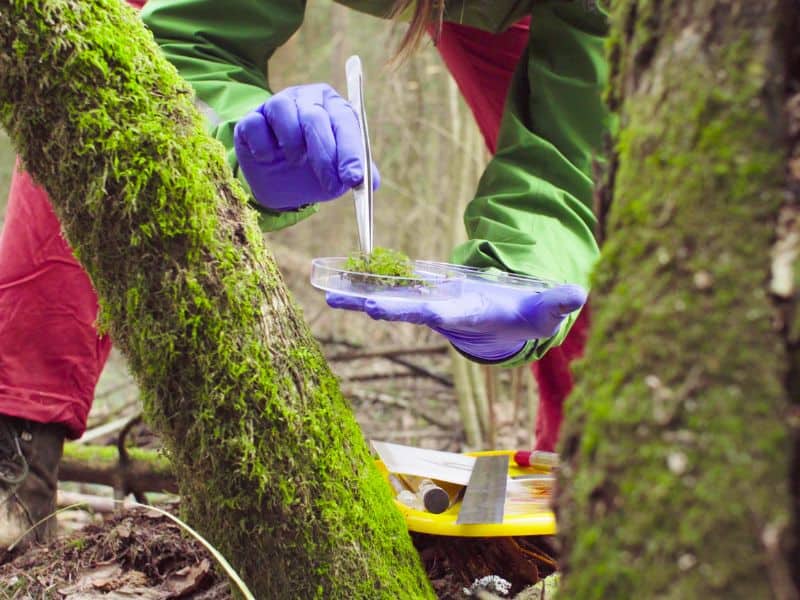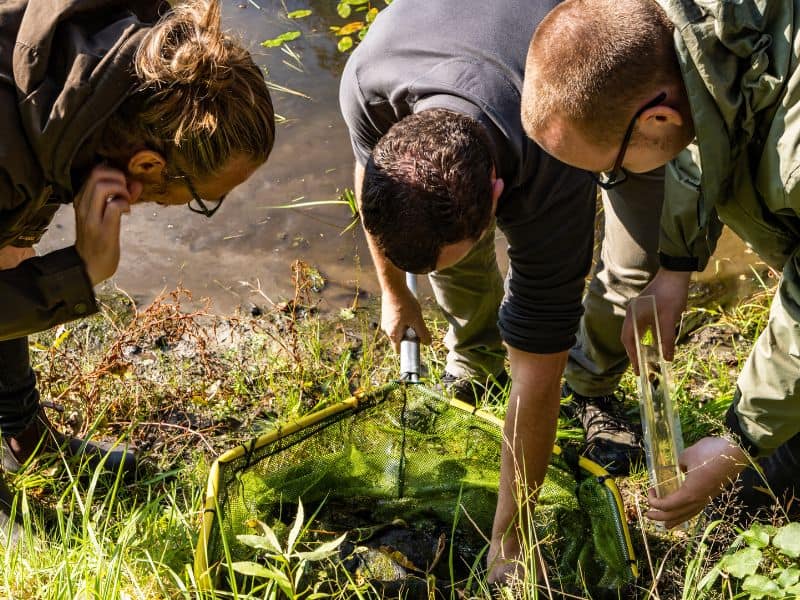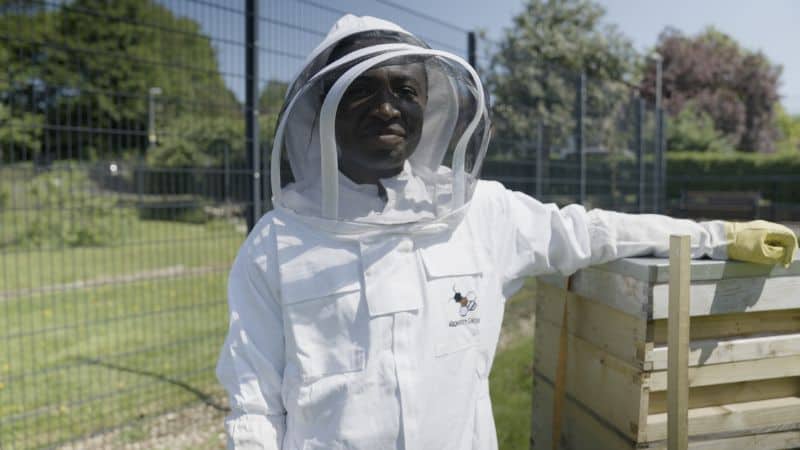Work in Ecology is varied. You can work independently or as part of a team. Ecologists work with a range of stakeholders, including local authorities, housing developers, landowners, researchers, engineers and members of the public.
Working hours range from part-time and full-time to flexible working, and it’s important to know that working hours in some roles can be unsociable. For example, some surveys can only be undertaken during certain months and in the evening or at night when the animals are active. Plants don’t move around so much and can be surveyed during the day! Travel is also sometimes required as part of your role, potentially to remote locations.
Location: During the survey season (April–September) much of the field Ecologist’s time will be spent out on site conducting surveys in a range of habitats including woodland, marine, coastal, grassland, heathland, rivers, fens, dunes and peatland. Work is undertaken in all weather conditions. Often during the winter months, time is spent writing-up reports. Some
Ecologist roles are much more desk-based.
Typical duties and responsibilities:
-
-
Identification of plants species and animals
-
Surveying and mapping a range of habitats
-
Using technology to model the effects of changing environments and impacts
-
Designing mitigation and management plans
-
Working on habitat creation plans
-
Undertaking ecological impact assessments and producing technical reports
-
Working with stakeholders on projects.
The role of an Ecologist varies across sectors depending on the type of employer, but the job always involves working to minimise potential harmful impacts on nature and the environment, to help nature to thrive.
- Ecologists working in the public sector typically work for local authorities, statutory nature conservation organisations or national park authorities.
- Ecologists working in the private sector will be self-employed or work for companies advising clients on the nature-related aspects of their projects, especially concerning new developments such as house building, roads, offshore pipelines and wind farms. Private sector Ecologists may also work for landowners looking to protect or improve nature on their land.
- Ecologists working for charities or other NGOs (non-governmental organisations) survey and monitor plants and animals in different habitats, including nature reserves and marine protected areas.
- Ecologists working for industries such as rail companies, water companies and energy providers survey and monitor life in different habitats on land owned by or impacted by their employer.
